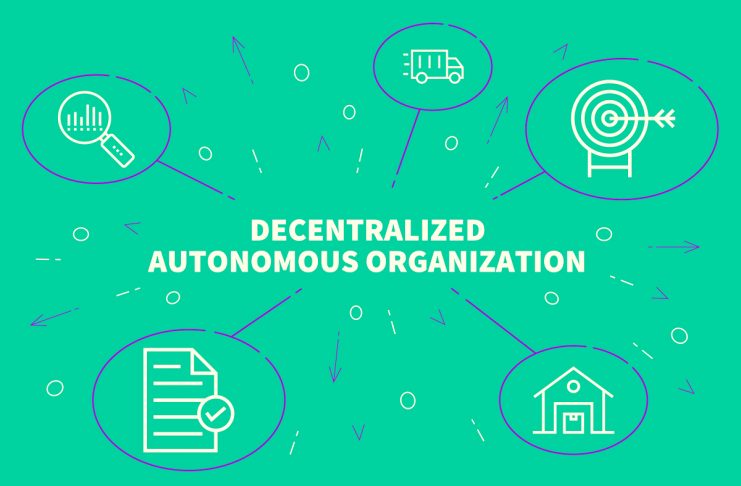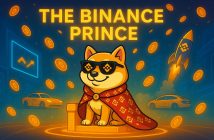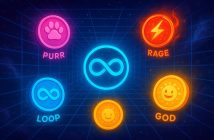Decentralized autonomous organizations (DAOs) are seen by many as the future of businesses. Every day, we see different companies coming out to relaunch and give their customers a bigger piece of the pie and ultimate decision-making power.
The argument over whether to turn your company into a DAO is still raging. There are arguments for and against, but the benefits definitely seem to outweigh the drawbacks for now. So, what are the reasons that could tempt you to explore this structure for your company?
Contents
An introduction To DAOs
The first DAO was actually created in 2016. There have been different iterations of the concept, but a few things stand. For instance, a DAO will first need to remove all affiliations with any particular nation. It should also be removed from singular control – whether by a person, a government, or a company.
When the first DAO was created, the goal was simple – eliminating human error by placing control in the hands of automated smart contracts. Using the blockchain, DAOs allow for anyone to vote on proposals by a company or a protocol. This is the entire point of being decentralized and autonomous.
In theory, a DAO allows your business to be run by its users. There is no individual who has more power than the others, and no one holds the final say. A proposal is sent, the community votes and the majority carries the vote essentially.
Decentralization and autonomy are seen as being critical parts of Web3 – the next iteration of the internet where we’re headed. As such, building a DAO is becoming more compelling for companies looking to capitalize on this trajectory.
The Benefits of DAO Operations
DAOs come with several impressive benefits – many of which we expect to grow as use cases expand and we see the inclusion of more DAOs. As blockchain technology becomes more ubiquitous, we expect to see more people participate in these ecosystems without facing many limitations.
Some of the benefits you get with a DAO include:
“D” is for decentralization
The inherent nature of a DAO is to be as decentralized as possible. To be fair, it is difficult to achieve complete decentralization in any endeavor. However, DAOs particularly focus on companies being driven by the objectives of everyone- not just a single person or a group of people.
In a traditional company, most shots are called by the chief executive – or the company’s board of directors. They determine the company’s direction and processes, and customers are essentially left to deal with the outcome of this.
For instance, take the notion that wage disparities are only widening these days. Employees might believe that they’re not being paid enough, while CEOs might say something else. If a company runs as a DAO, everyone can have an equal say on whether they are being compensated fairly.
With a DAO, company operations are run by the collective. A DAO can have a weighted vote power system, but the end goal is for power to be reduced compared to the conventional business structure that we see today.
For a perfect example of this, take a look at the Meta DAO Guild. This DAO was built to offer easy access to blockchain games and the GameFi ecosystem. With more people playing blockchain games and using concepts like non-fungible tokens (NFTs), the barriers to entry into these spaces are increasing. The Meta DAO Guild focuses on providing the right level of assistance and training for people looking to get started in these fields and actually thrive.
Proposals in a company like the Meta DAO Guild are sent to participants, who then vote on whether they should pass or not. This way, power is decentralized, and decisions can be taken with the collective in mind. A whitelist for Meta DAO comes out on April 10, and the public sale will go live on April 17. Investors should definitely watch out for those.
Everyone has skin in the game
Another significant funding mechanism for DAOs is the fact that everyone has a role to play. For one, DAOs can issue platform tokens that give people voting power. But, before you use this voting power, you will need to burn or pound your tokens. So, in essence, governance tokens offer the ability for participants to have a say in the DAO’s future.
Also, it is worth noting that votes are cast on the blockchain. So, they are available for everyone to see. Whenever a user votes, they know that their decision is available for the public to see. So, people know who you are and what you voted for.
Remember the employee salary thing? A company running as a DAO could put it up to a vote. The employees will now know who voted for their salary increase and who voted against it.
The focus on the community
DAOs also have the additional benefit of improving the ease with which communities can connect and build together. As long as you have a governance token and a stable internet connection, you can join a DAO and participate in governing it.
So for individuals who haven’t been able to participate in building something before, DAOs could be a proper introduction to what this is like.
There is also the fact that participating in a DAO allows you to have actual ownership – just like it is when you own stock in a company. Each person is incentivized to make decisions that benefit the DAO – and, by extension, benefiting themselves.
Again, it is worth noting that voting power can be uneven in DAOs. But, the opportunity to have your voice heard and feel like you’re making a difference can’t possibly be overrated.
Image Source: OpturaDesign/Shutterstock.com




